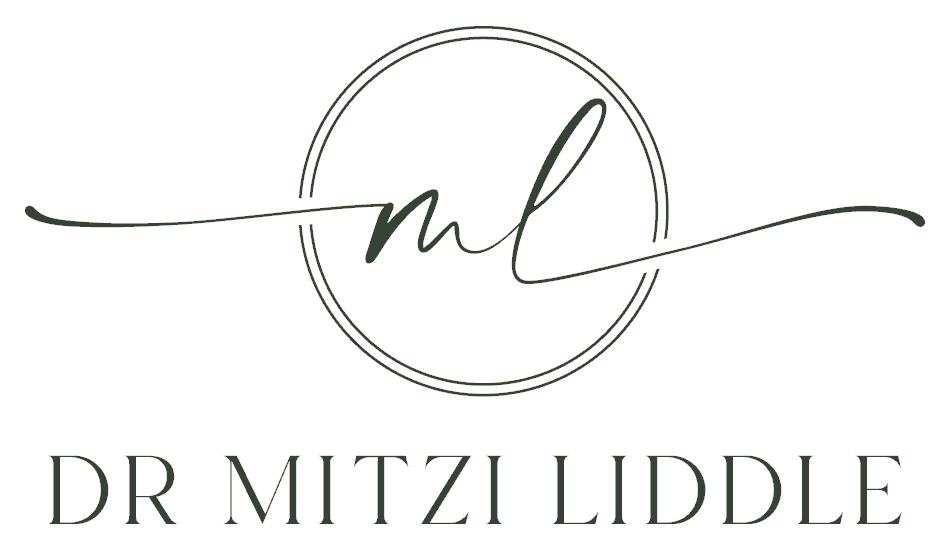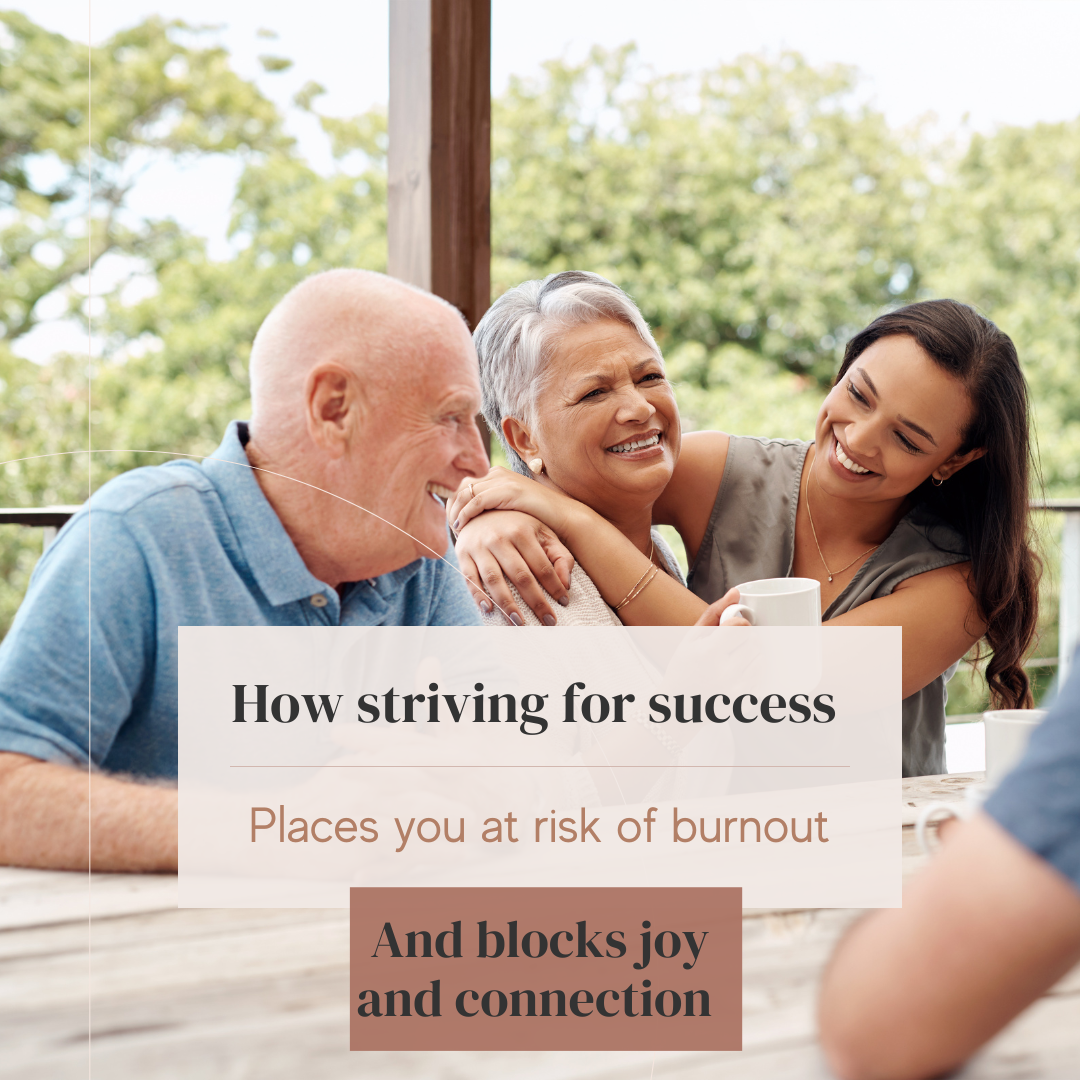How unrelenting standards block connection and joy and places you at risk of burnout
I think that it’s really interesting that so many of the health professionals I’ve worked with intellectually know that their relentless expectations are hurting them, and, at the same time feel that they can’t afford to let them go.
You may have noticed the pattern yourself. Measuring yourself up, or striving towards very high standards throughout the day . . . should know more, do more, be more; the relentless stress from feeling like there isn’t enough time; that there is always more to be done.
It’s exhausting, isn’t it? There are those times that you arrived home later than you’d like, and a little more irritable. It can be hard to unwind and relax (those notes to finish! And results to be checked!) and there’s the need to have something (wine, TV, phone) to help you switch off.
In fact, I believe that the unforgiving expectations we have of ourselves are one of the main factors that get in the way of having fun and connecting with the people we love.
The reason for this is that when you are in a mode of striving and self-evaluation and have unrelenting standards, your nervous system’s stress response is activated. Cortisol and adrenalin are revving our bodies up to deal with the threat of not meeting our expectations. This is exhausting, not great for your physical health and a key pathway to burnout.
If this sounds like you, you’re not alone. Many caring health professionals are suffering because of their expectations of how they should be at work. And yet, although we may nod when someone says we don’t need to know everything or be constantly achieving, this is accompanied by an internal resistance, a fear almost of what would happen if we lost this drive.
This is because high achieving, successful women typically share in common the unrelenting standards schema. This schema is the implicit belief that you must strive to be very high internalised standards of performance. It is often associated with perfectionism, fear of criticism from others and hypercriticalness towards self.
The double-edged sword of unrelenting standards is that we often do ‘well’ because of them. For me, my unrelenting standards helped me a achieve a bachelor’s, a master’s degree and then a clinical doctorate in psychology. Well done me, right? Well, the truth is that until I healed my unrelenting standards, I always felt that this wasn’t enough and that a PhD would be next.
The thing is, health services like our unrelenting standards. It means that they get diligent, hardworking, successful, highly skilled workers with excellent attention to detail and responsibility. Exemplary workers, until they get consumed with perfectionism or burnt out.
As one GP said to me, working hard and the success that comes from striving is validating, but the cost is so high.
So why do we persist with this pattern? Typically, the unrelenting standards schema gets laid down in childhood. Almost all of the women I work with share in common family backgrounds where success and achievement were validated. One woman captures this with her family motto “nearly is not good enough”.
This background also shares a tendency to perceive praise as a path to indulgence and non-productive time as usefulness and a risk for laziness. When your worth to others becomes tied to your achievement as a child can lead to unrelenting standards.
It is important to know that you can heal your unrelenting standards schema. The healing pathways involve developing habits so that we can consciously regulate the nervous into a parasympathetic state. One example of this is by switching out your inner demands and expectations for a more compassionate way of relating to yourself. Validating your intentions, needs and emotions through self-praise and self-care is a way to do this.
It takes time and persistence to change old patterns, and if you would like help with this, please reach out.

